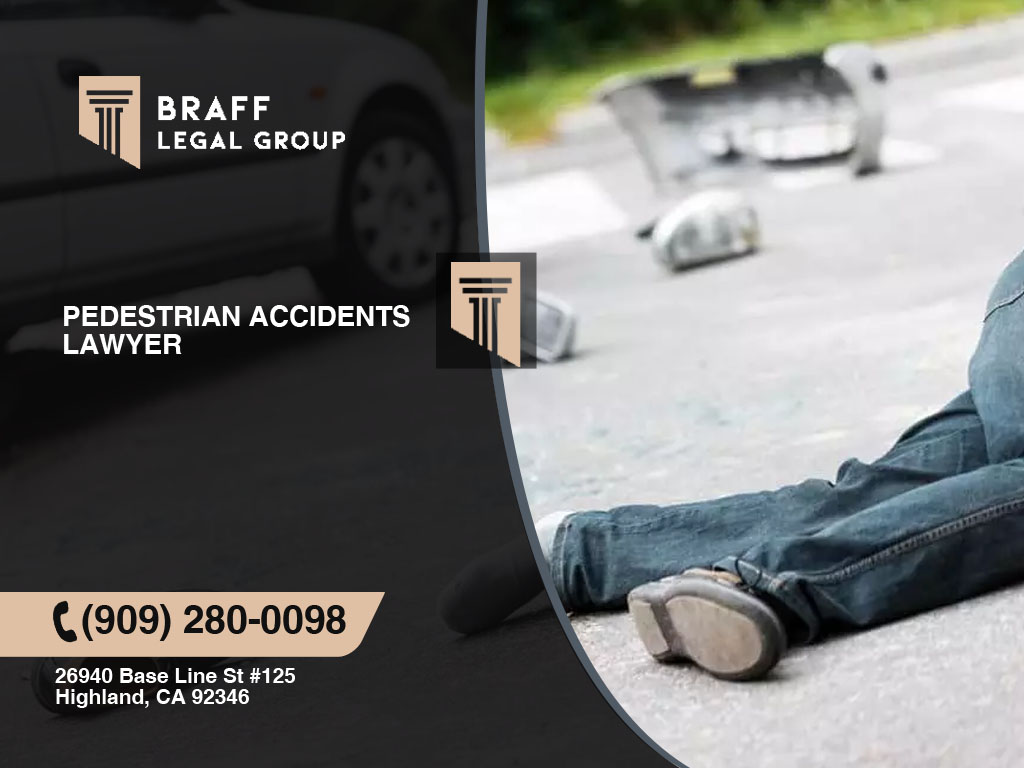Claimants and plaintiffs realize that a fast settlement process should allow them to get their money sooner. Still, few stop to ponder this question: Is that really desirable? In other words, would any one of them be happy with all of the consequences that could be linked to a speedy settlement?

Both the claimant and the plaintiff must show at least some patience.
Liability could be hard to prove. As the plaintiff’s lawyer might choose to challenge an adjuster’s allegation of shared blame.
The lawyer’s challenge could call for presentation of evidence, in order to support the allegation. Some adjusters have questions about the nature and extent of the victim’s injuries. That could introduce the need for testimony from a medical expert, which could lead to introduction of experts and serves to prolong the trial.
Sometimes if an insurance company’s policy terms have included mention of high limits, the same insurance company could hesitate to come forward with an opening offer.
—That could be the case, if the same company had no good defense, or
—If it questioned the credibility of the claimant/plaintiff.
—That could also happen, if the adjuster wanted more time for playing with all the money that was available to him or her.
Possible harmful action that could be taken by an impatient claimant/plaintiff
Try to settle before the injured victim has arrived at the point of maximum medical improvement (MMI): That could lead to acceptance of a compensation package that did not include enough coverage for all of the claimant or plaintiff’s medical problems.
Personal injury lawyers always warn their clients against agreeing to settlement terms, before the injured victim had managed to arrive at the point of MMI. That would force the pre-warned client to sign a release before knowing about the following:
—Any possible complications that had emerged, as the result of the prescribed treatment.
—Any future medical procedures that might become necessary, if the prescribed treatment failed to produce all of the promised results.
—Had all of the symptoms been noted in the victim’s medical records? Maybe those records had failed to make note of any slow-to-show symptoms.
Depending on how slowly a given symptom might show up, the victim might never link the accident to the late-appearing symptom. If the symptom’s appearance indicated the presence of a serious medical problem, the same problem would never get linked to the accident.
The doctors that could be called on to treat that new problem might lack any reason for linking the observed symptoms to an earlier accident. Hence, the victim would remain unaware of the consequences for his or her failure to be patient. The money obtained might get spent on unexpected treatments.
Dealing with the insurance company after an accident isn’t easy and that is why a lawyer becomes an important negotiator in the process.
Frequent Question from Claimant that Has Sent Demand Letter to Adjuster
Claimants in that sort of situation often ask this question: What should I expect, in terms of size, for the initial offer?
What the adjuster does before making the offer
He or she studies the submitted claim and looks at the amount of money awarded to the claimant in similar cases. Adjusters review their own experience with similar personal injury cases Monterey Park .Some adjusters think about the wisdom, or lack of wisdom in coming forward with a low-ball bid.
Questions that adjusters’ supervisors expect them to answer
- Does the client have any way for paying settlement money? Does he/she have any assets? Does he/she earn a wage?
- Could a claim be made for the plaintiff’s pain and suffering?
- Could a claim be made for any further medical treatments in the future?
- Is liability clear, or might there be evidence that could support a charge of shared blame?
Consider the sorts of answers that adjusters might uncover for each of the questions in the above list
Among any group of cases, it is doubtful that the uncovered answers would be the same. In other words, there would be no average figure for the adjuster’s initial offer. If it were obvious that there were great differences in the size of the initial offers, then it would make sense to assume great variety in the size of the plaintiff’s award. In other words, it would be impossible to say with certainty that any figure represented an average figure for the size of an awarded compensation, or awarded judgment.
In the absence of an average figure, personal injury lawyers find it almost impossible to answer any questions about what to expect, in terms of size, for the initial offer? So, how could a personal injury lawyer help a client to prepare for an initial offer?
—The attorney could share this bit of advice: Never accept the initial offer. Confirm in writing your refusal of that offer.
—The attorney could demand proof of any allegation that the plaintiff ought to share the blame for the accident, or for the injuries that resulted from the accident.
—The attorney’s experience should prove valuable, when it has come time to review the release form that the insurance company as sent, with hopes of obtaining a signature.
Personal injury lawyers understand how to help their clients deal with all the paperwork that must be handled, prior to delivery of a promised compensation package. Few members of the public would be able to handle all of the tasks that a personal injury lawyer must tackle, when helping a client to get a fair deal, as opposed to receiving a lot of money in a hurry.
If you are looking to have an experienced lawyer assist you with your claim, contact Braff Legal Group in Highland. We have helped our clients in the past win compensation worth millions over the years. To know more about our services and ways we can be of assistance, call us today at 909-280-0098.
